How Credentialing Services Boost Efficiency and Revenue
Credentialing is one of the most important and underrated elements of the financial performance of a healthcare organization. Although there are a lot of practices that are oriented towards billing and coding. As long as this process is executed with precision and regularity, the practices have a direct benefit in productivity of the workflow and their overall revenue.
Credentialing is not paper work. It is the platform that makes a provider officially recognized by the insurance payers, able to provide reimbursable services, and in accordance with the regulatory standards. Even the most precise medical billing will have no chance of receiving payments in time without the proper credentialing.
Credentialing is the most important thing that most practices do not realize
The significance of credentialing is revealed to many providers after experiencing numerous claim denials, delayed payments, or reimbursement denials. All these problems are usually linked with the incompleteness of the enrollment information, its outdatedness, or incorrectness of submitting.
Once credentialing is done by qualified individuals, practices Avoid:
- Slow provider onboarding
- Problems of participation in networks
- Payment interruptions
- Compliance risks
- Administrative overheads
An efficient credentialing mechanism makes sure that all the providers are operational with the payers, and this provides a sound basis of effective billing and dependable reimbursement.
The direct impact of Credentialing Services on Making Processes More Efficient
1. Faster Provider Onboarding
Properly structured credentialing also lowers the time frame that the providers may require to begin receiving reimbursable patients. This enhances scheduling, workload, and availability of services.
2. Reduced Administrative Accidents
Credentialing professionals know payer mandates, documentation policies, deadlines and verification processes.
This eliminates the chances of repetition of corrections, resubmissions and delays in communication that slows down office operations.
3. Fluid Front End and Back End Co-ordination
Correct credentialing will make sure that all claims made are linked to an active and recognized provider to the payer.
This forms a continuous flow of work that facilitates the Front Desk and Administrative Support teams and Back End RCM Solutions.
4. Independence and Policy Congruence
The efficient credentialing avoids violation of compliance which otherwise would result in audits or payment interruptions.
This helps in long term stability and save the financial integrity of the practice.
The way Credentialing Services Can Grow Revenue
1. Individual Instances of Claim Denials eliminated on the first day
Many claims of new practices or expanding practices are denied due to misenrollment of providers.
Professional Credentialing and Payer Enrollments help practices to eliminate such avoidable losses and to receive payments more quickly.
2. Optimizing Payer Involvement
Credentialing specialists assist the providers to be put on the appropriate payer networks according to specialty and location.
This opens up the access to the patients and the potential revenue base of the practice.
3. Faster Reimbursements
Correct credentialing will mean that the claims will not go through needless turn-taking on the part of payers.
This enhances the speed of the cash flow and the risk of old age accounts.
4. Greater Understanding with Revenue Cycle Audits
Credentialing data, when combined with Revenue Cycle Audit and Analysis, gives a more in-depth insight into the repeated denial patterns and payer demands.
This will boost intelligent decision making and improve the total revenue performance.
The reasons Practices Like ELINT RCM to Credential
ELINT RCM offers timely, precise, and compliance credentialing services that are intended to facilitate the full revenue cycle.
The company has the enrollment applications, follow ups, revalidations and payer communication which makes sure that the providers are active in all the relevant insurance panels.
ELINT RCM has an integrated approach, which makes it formidable and one that enhances efficiency in its operations and optimizes reimbursements.
FAQs
- What is the average time of the credentialing process?
The time taken also depends on the payer though the majority of credentialing activities take 30 to 90 days. - Is poor credentialing a cause of rejected claims?
Yes. In case a provider is unregistered or not updated with a payer, claims will be rejected irrespective of correct coding or billing. - Are small practices in need of credentialing support?
Absolutely. Smaller practices are also the ones that are affected by the most credentialing delays because they have fewer administrative workers. Outsourcing prevents expensive mistakes and speeds up the process of onboarding.
Conclusion
Credentialing does not just come as an administrative requirement. It is a revenue protection plan which makes sure that providers are identified, conformed and reimbursable. With the presence of experts in the management of credentialing, practices have less denial, quicker onboarding, robust cash flow, and enhanced efficiency in general.
ELINT RCM is here to assist you in enhancing your credentialing process and achieving a smoother performance in terms of revenues.
Call us now to make sure that your providers are credentialed efficiently, fully, and punctually.




